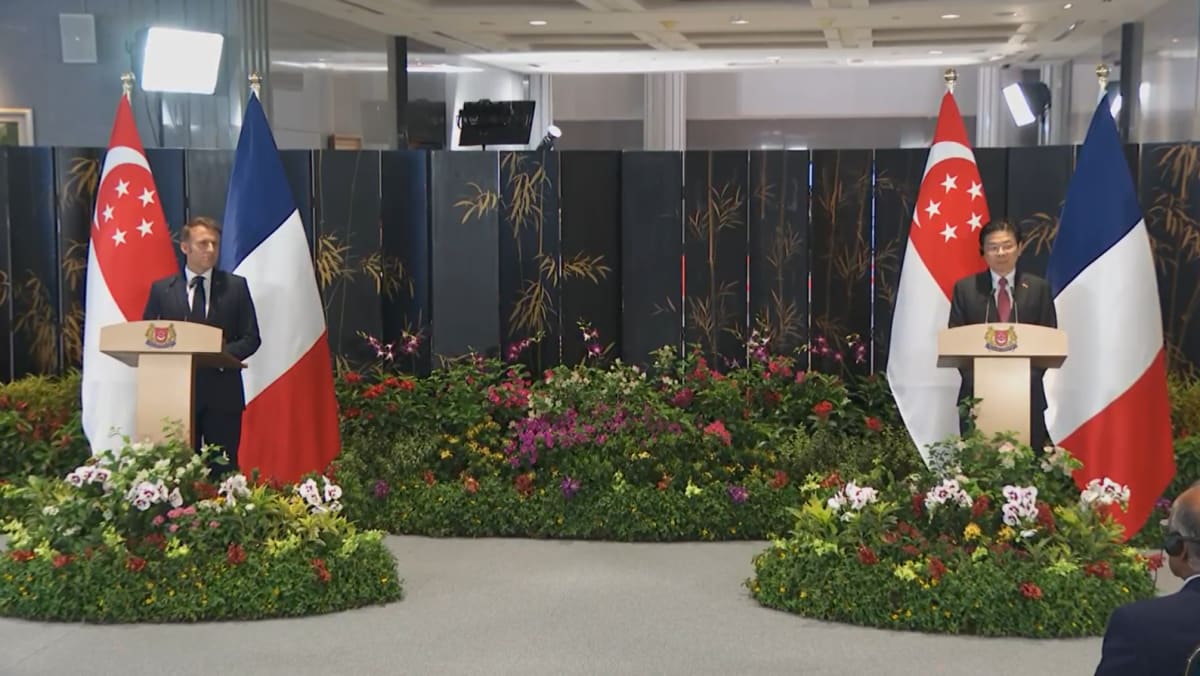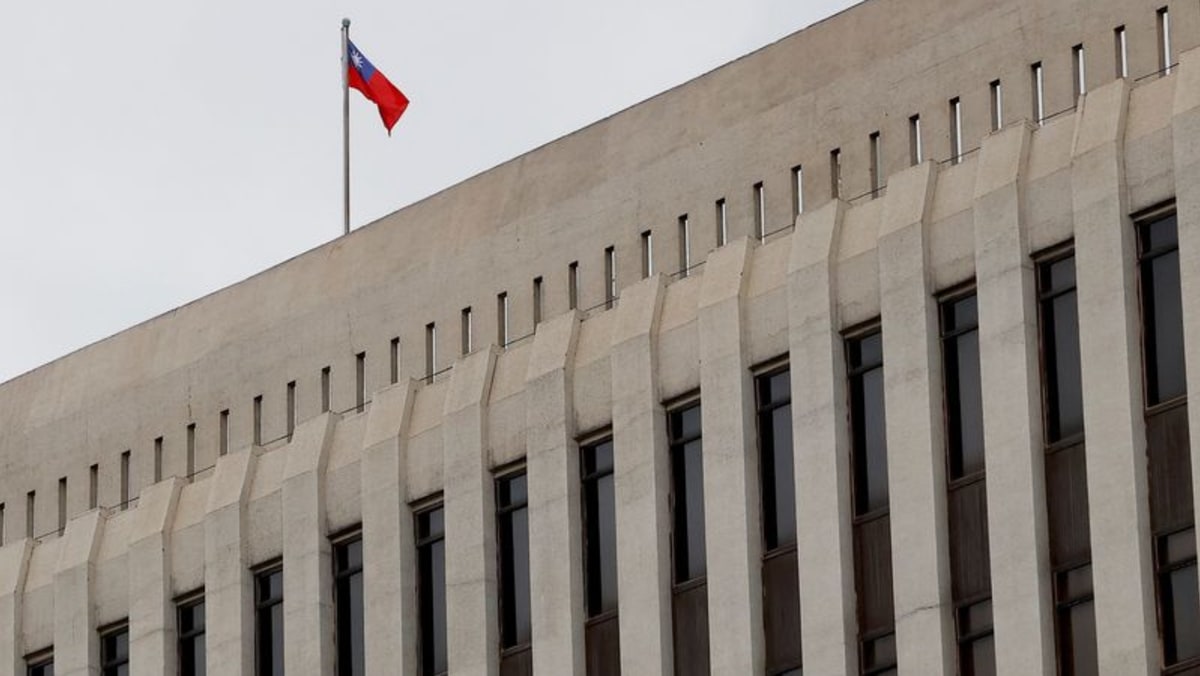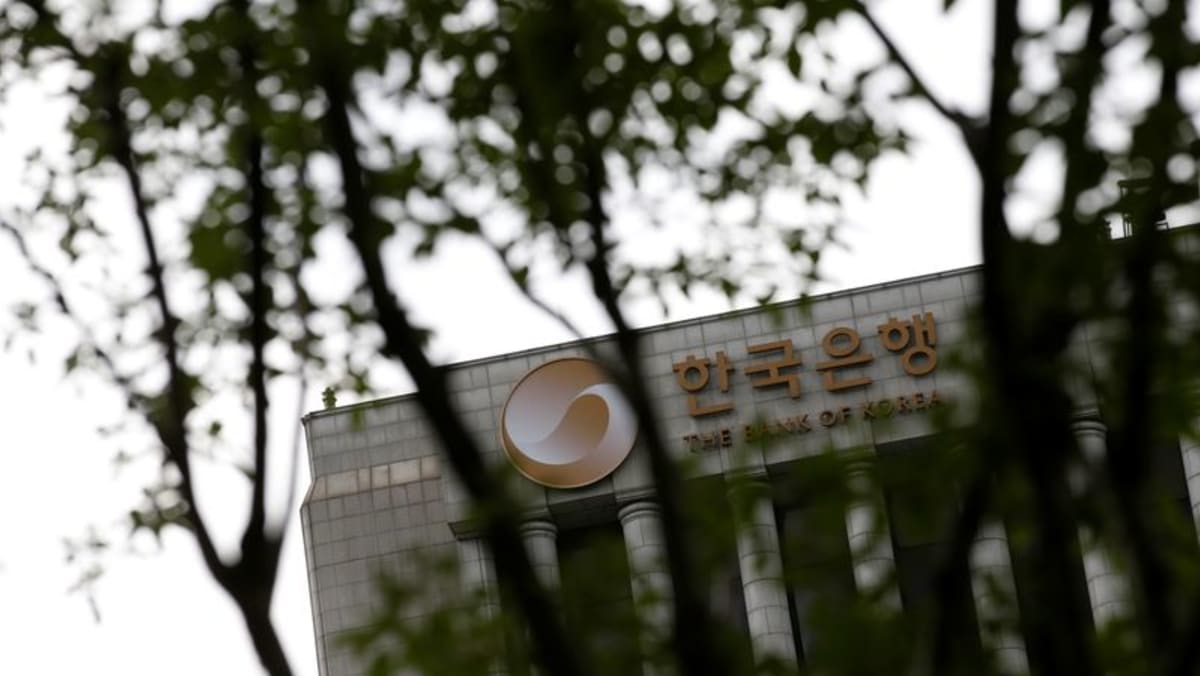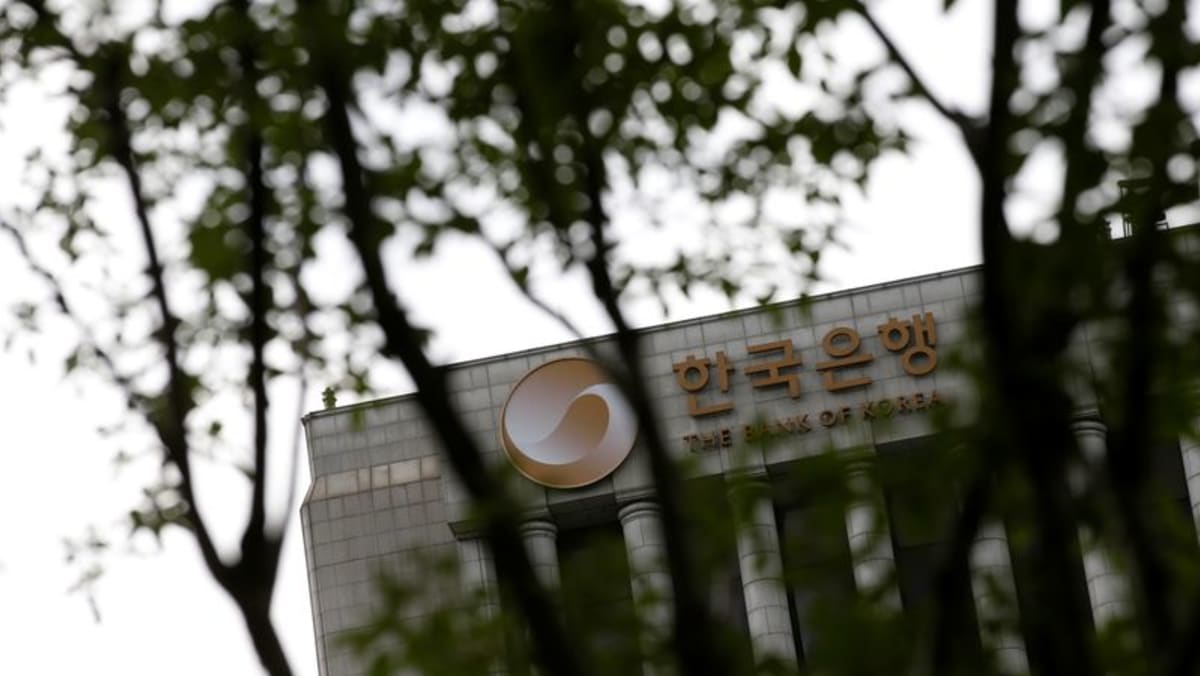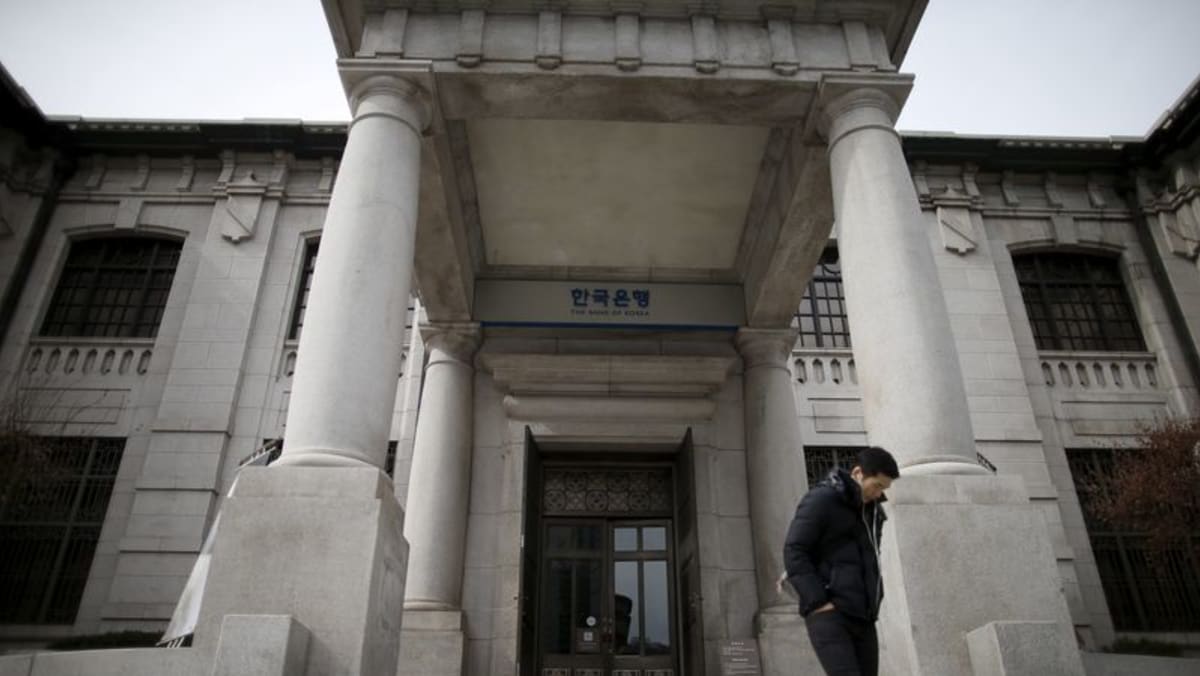TAIPEI: Taiwan’s central bank will take “timely” measures to ensure financial stability in the face of uncertainty over US tariffs, geopolitical conflict, climate change and market volatility, it said on Thursday (May 29).
In its annual financial stability report, the central bank said the uncertainty could adversely affect global economic development and pose risks to Taiwan’s own financial stability.
Taiwan’s trade-reliant economy is expected to grow at a slightly slower pace in 2025 than previously forecast, with US tariffs, if implemented, likely to weigh on growth.
“The bank will pay close attention to the possible impact of the relevant developments on the overall economy and the financial system, and will take timely measures to promote domestic financial stability,” the central bank said, without elaborating.
While the foreign exchange market has become more volatile, it has remained relatively stable over the long-term, and the bond market has not experienced any significant fluctuations, it said.
But if US tariffs affect the ability of households and the corporate sector to service their debt, then that could have a detrimental effect on financial institutions’ profitability and capital adequacy.
A semiconductor powerhouse that runs a large trade surplus with the US, Taiwan was facing duties of 32 per cent on its US imports until US President Donald Trump paused tariffs for 90 days to allow negotiations to take place.
Earlier this month, the central bank asked banks to follow foreign exchange settlement rules, following a surge in the Taiwan dollar in recent weeks on speculation that Washington has asked Taipei to allow it to strengthen as part of tariff talks.
Taiwan’s central bank has denied the US made such a request.
In Thursday’s report, the central bank also said that life insurance companies with large domestic and foreign investment portfolios are exposed to higher market risks from volatility on global financial markets.
